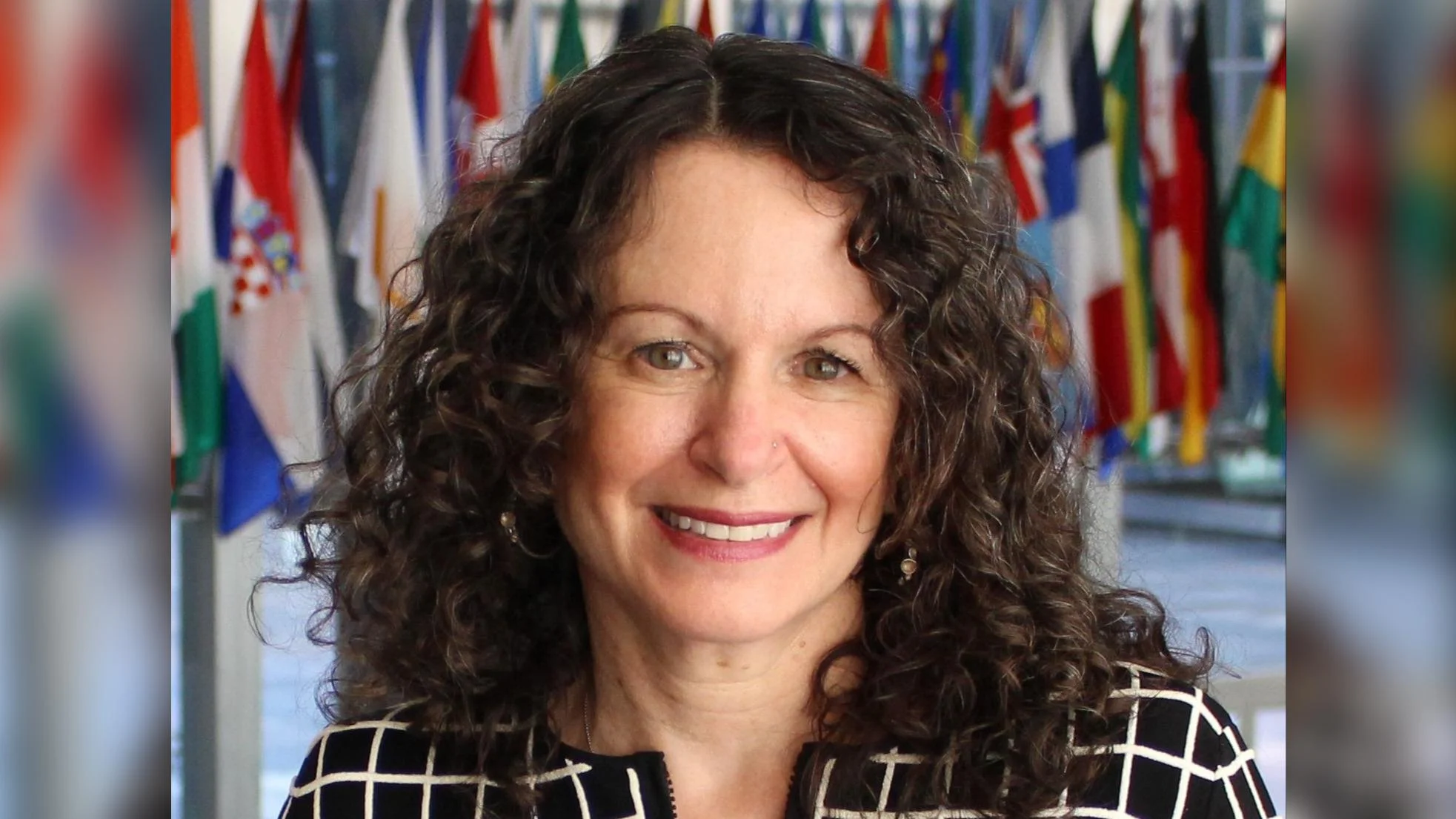Senior Bureau Official Paul Watzlavick of the U.S. Department of State addressed the NPT Preparatory Committee in New York, underscoring the ongoing significance of the Treaty on the Non-Proliferation of Nuclear Weapons (NPT) in preventing nuclear conflict and promoting peaceful uses of nuclear energy.
"The NPT calls upon us to prevent 'the devastation that would be visited upon all mankind by a nuclear war' and 'the proliferation of nuclear weapons [that] would seriously enhance the danger' of such a war occurring," Watzlavick stated, emphasizing the treaty's role over the past 55 years.
Despite its success, he noted that the risks of nuclear war and proliferation have recently increased. He recalled former President Trump's speech highlighting the importance of avoiding wars. "The NPT remains a key tool to preventing a nuclear war," Watzlavick affirmed, emphasizing its role in global safety and economic prosperity.
Watzlavick pointed to challenges from countries like China, Russia, DPRK, and Iran. He stated that "China is rapidly and opaquely building up its nuclear arsenal," while Russia has allegedly developed new nuclear weapons and suspended the New START Treaty. DPRK remains in violation of UN resolutions, and Iran has heightened uranium enrichment without a credible civilian purpose.
He reiterated President Trump's view on addressing Russian and Chinese nuclear arsenals, highlighting U.S. transparency about its stockpile and calling for reciprocity from other nations. On Iran, Watzlavick expressed belief in a negotiated resolution, stressing it could advance bilateral prosperity and security.
The U.S., according to Watzlavick, partners with the IAEA and other states to promote nuclear technology for peaceful purposes, ensuring high standards of safety and nonproliferation. "We reaffirm the essential role of the IAEA in expanding access to peaceful uses while preventing nuclear proliferation," he added.
He called for reform in multilateral institutions to enhance their effectiveness and efficiency, advocating for improvements in the review process and expressing support for ideas benefiting all Nuclear Weapon States.
Looking forward to next year's Review Conference, Watzlavick emphasized, "there is much to be done," mentioning arms control, nuclear risk reduction, and compliance with IAEA safeguards as priority areas. Quoting Secretary of State Rubio, he concluded with, "peace is not a noun, it is a verb."

